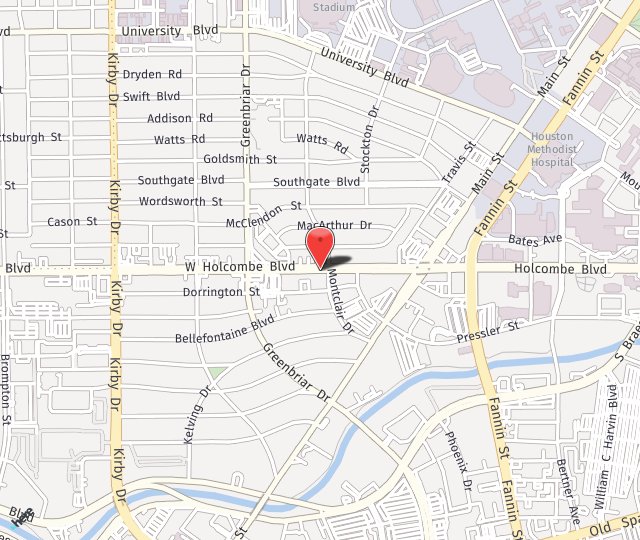
What causes gums to recede?
Gum recession can be caused by a lack of dental care, years of using tobacco products, or even genetics. You may notice gum recession if you have a lip or tongue piercing, if your bite is misaligned, or if you grind or clench your teeth (which you might not even realize you do). It might be the result of years of brushing your teeth too aggressively or a sign of periodontal disease.
If your gums are receding, your dentist may recommend a scaling and planing. This procedure is a deep cleaning of the teeth beneath the gum line. This is necessary because as gum tissue wears away, it separates from the teeth and “pockets” between the teeth and gums are formed. Bacteria collect in these pockets, which can damage teeth and even jaw bone. Eventually it can cause enough damage to result in tooth loss.
For very serious gum recession, a surgical procedure called a “soft tissue graft” may be recommended. In this procedure, tissue is taken from the top of your mouth and then is stitched over the problem area.
How can I stop my gums from receding?
As always, keeping your teeth and gums clean is step one for good oral health. Floss and brush often, and make sure you do so gently and with a soft-bristled toothbrush. You should also discuss your gum recession with your dentist. He or she can help you determine why your gums are receding and can offer solutions, such as a mouthguard to protect your teeth and gums from tooth grinding.
Gum recession may not be a real problem – yet. The staff at the Konig Center for Cosmetic and Comprehensive Dentistry can help determine if your gum recession is serious and what can be done about it. Call the office in Houston, Texas, at (713) 668-2289 for an appointment today!

